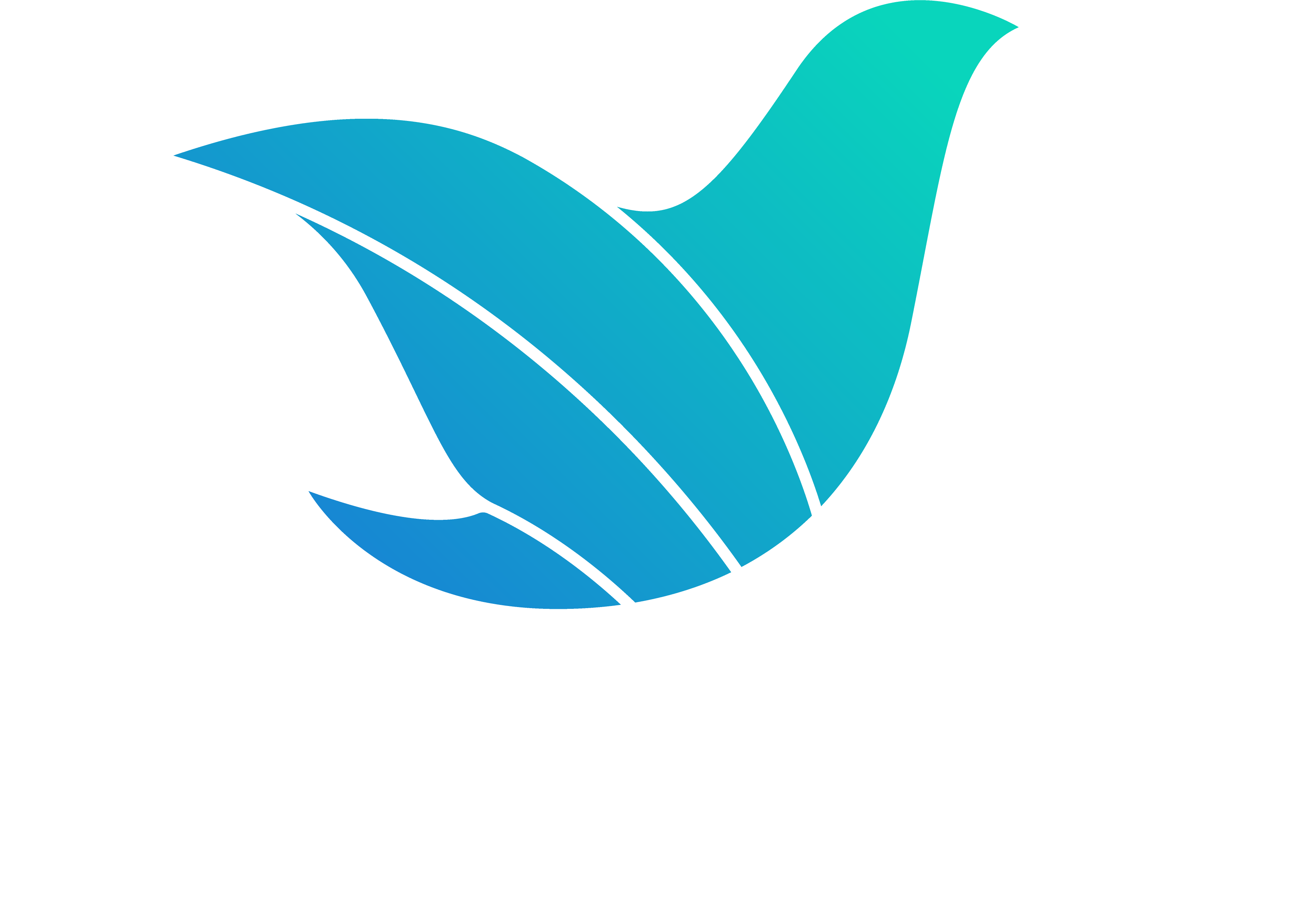When startups need strategic guidance, traditional consulting firms often seem like the obvious choice. But this conventional wisdom comes with hidden costs that can significantly impact both your budget and your ability to execute effectively. Understanding these hidden costs – and how usage-based fractional talent offers a more efficient alternative – is crucial for making informed decisions about your company’s growth.
Traditional consulting engagements typically involve high retainers, long-term commitments, and individuals or teams of consultants who may be several steps removed from actual execution. While they excel at producing comprehensive strategies and recommendations, they often leave startups with the challenge of implementing these plans without ongoing support or practical guidance.
Usage-based fractional talent flips this model on its head. Instead of paying for extensive strategy decks and theoretical frameworks, you get access to experienced professionals who can both develop strategy and help execute it. The usage-based model means you only pay for the time and expertise you actually use, whether that’s a few hours of strategic guidance per week or intense periods of hands-on implementation support.
The real advantage becomes clear when you consider the knowledge transfer aspect. Traditional consultants often take their expertise with them when the engagement ends, leaving your team to figure out implementation details. In contrast, fractional professionals work alongside your team, sharing knowledge and building internal capabilities as they go. This approach ensures that your investment continues to pay dividends long after the engagement ends.
Moreover, usage-based fractional talent provides the flexibility to adjust scope and focus as your needs change. Unlike rigid consulting engagements with predefined deliverables, this model allows you to pivot quickly, reallocate resources, and scale support up or down based on real-time needs. For startups operating in dynamic environments, this agility can be the difference between successful execution and costly delays.
Consider the example of a growth-stage startup looking to expand into a new market. A traditional consulting firm might charge a hefty retainer to conduct market research, develop a go-to-market strategy, and produce a comprehensive report. But once that engagement ends, the startup is left to figure out how to actually implement the recommended plan – often without the continued support or guidance of the original consultants.
In contrast, a usage-based fractional model would provide access to specialized market entry expertise. The fractional professional could not only develop the strategy but also work alongside the startup’s team to execute on it, sharing knowledge and building internal capabilities throughout the process. And if priorities shift or the scope needs to change, the startup can easily adjust the engagement without being locked into a rigid contract.
The hidden costs of traditional consulting go beyond just the financial impact. The time and energy required to onboard new consultants, the challenges of knowledge transfer, and the inability to quickly adapt to changing needs can all compound to undermine the potential value of these engagements. Usage-based fractional talent offers a more agile, cost-effective, and impactful alternative – one that aligns more closely with the realities of startup growth.
